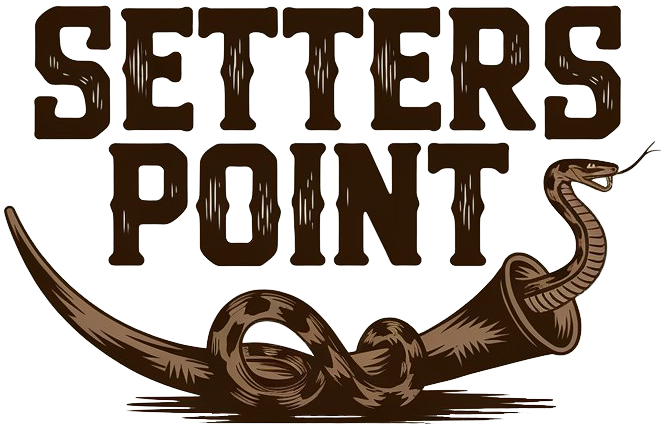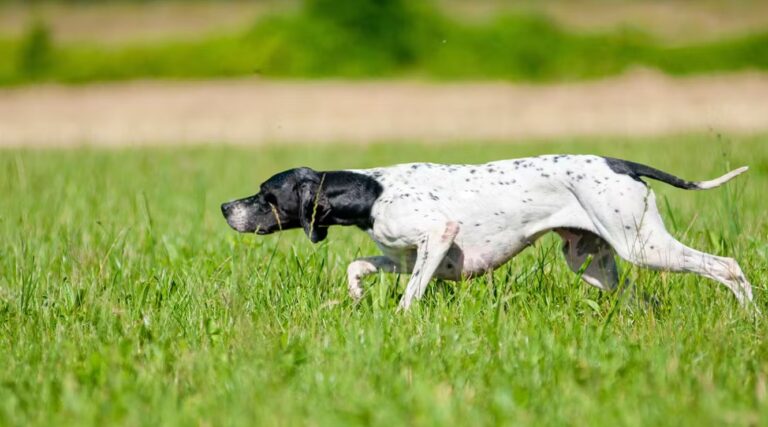Finding the right bird hunting dog is not just about the hunt. It is about choosing a companion that aligns with your goals and fits into your life. A dog trained to point, flush, or retrieve can elevate your hunting experience, but this decision requires thought and preparation.
The process begins with understanding your hunting style and needs. Are you looking for a long-range pointer, a close-working flusher, or a perfect breed for duck hunting? Do you need a dog that can handle cold water or one that thrives in dense cover? Matching your requirements with the right breed and the right training is critical.
This guide will take you through everything you need to know, from understanding key traits in hunting dogs to choosing a reputable breeder.
The First Step is to Find a Reputable Breeder
The breeder you choose plays a significant role in ensuring your hunting dog meets your expectations in the field and at home. A trustworthy breeder does more than sell dogs—they help you find a lifelong partner that matches your hunting style and goals. Here is what you need to know about finding the right breeder.
Look for Hunting and Training Experience
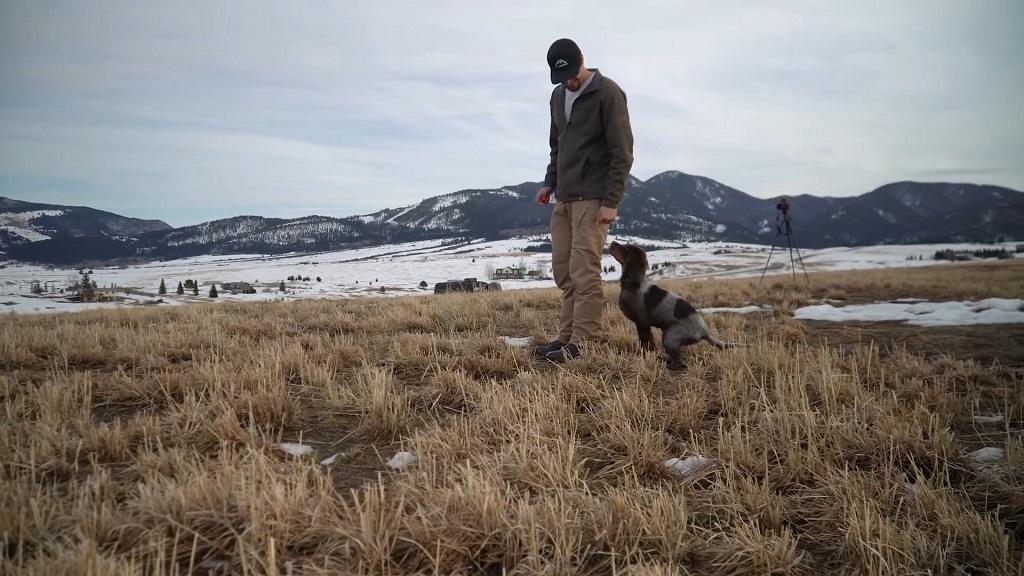
Always prioritize breeders who actively hunt and train their dogs. Breeders with real hunting experience understand the traits required for success in the field. They produce dogs from field-tested lines, ensuring you get a puppy with the drive, instincts, and intelligence needed for hunting.
Breeders who also train dogs can guide you through the training process. This support is invaluable, especially for first-time hunting dog owners.
Check Health Certifications
Reputable breeders provide health clearances for common genetic issues. Ask for certifications against conditions like hip dysplasia, elbow dysplasia, or eye problems. A healthy dog is more likely to thrive in the field and avoid costly medical issues.
Ensure the breeder tests both the sire and dam for any breed-specific health concerns. A good breeder will share this information without hesitation.
Ask the Right Questions
A good breeder will ask you about your experience, goals, and hunting style. If the breeder does not inquire about your needs, consider it a red flag. They should help match you with a puppy that suits your lifestyle and hunting preferences.
At the same time, ask the breeder about:
- The puppy’s lineage: Look for titles like AKC Hunt Test or NAVHDA results, which indicate proven hunting traits.
- The age at which puppies go home: Eight to ten weeks is ideal, as puppies learn important social behaviors from their mother and littermates.
- The breeder’s guarantees: Ensure they stand behind their dogs and offer support if genetic defects arise.
Avoid Red Flags
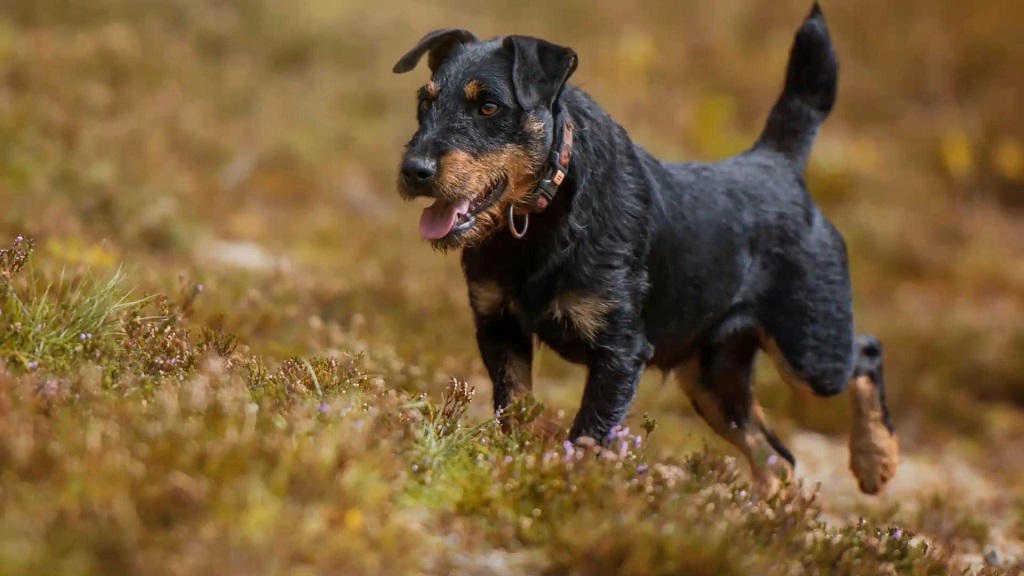
Beware of breeders with no waiting list. High-quality breeders often have a backlog of prospective buyers, which reflects the demand for their dogs. If puppies are always available, it could indicate poor breeding practices or lack of interest in producing quality dogs.
Avoid breeders who ship puppies too young. Early separation from the mother can negatively impact the puppy’s behavior and development.
Observe the Parents and Puppies
Whenever possible, visit the breeder in person to see their facility and meet the dogs. Watch the parents in action to get a sense of their abilities and temperament. A hunting dog’s performance in the field is often a reflection of its lineage.
When observing the litter, look for puppies that are curious, playful, and eager to engage with people. Avoid shy or overly aggressive puppies unless you have experience dealing with challenging temperaments.
These Are the Best Bird Hunting Dog Breeds
1. Blue Picardy Spaniel
Known for excelling in marshy and wet environments, the Blue Picardy Spaniel is a calm and efficient worker. Its ability to focus on retrieving and pointing makes it highly dependable for waterfowl hunters, especially in challenging weather conditions.
2. Bracco Italiano
The Bracco Italiano stands out for its deliberate pace and powerful build. It thrives in open fields and uneven terrain, where its precise pointing ability allows for a more strategic approach to hunting.
3. Braque D’Auvergne
Compact and steady, the Braque D’Auvergne adapts well to upland hunting. Its reliable temperament and effectiveness in covering varied landscapes make it a solid choice for hunters who value consistency.
4. Braque De L’Ariege
Endurance is a hallmark of the Braque De L’Ariege, which handles wide-open spaces with ease. Its sharp scenting skills and strong work ethic make it a favorite among hunters covering large areas.
5. Braque Du Bourbonnais
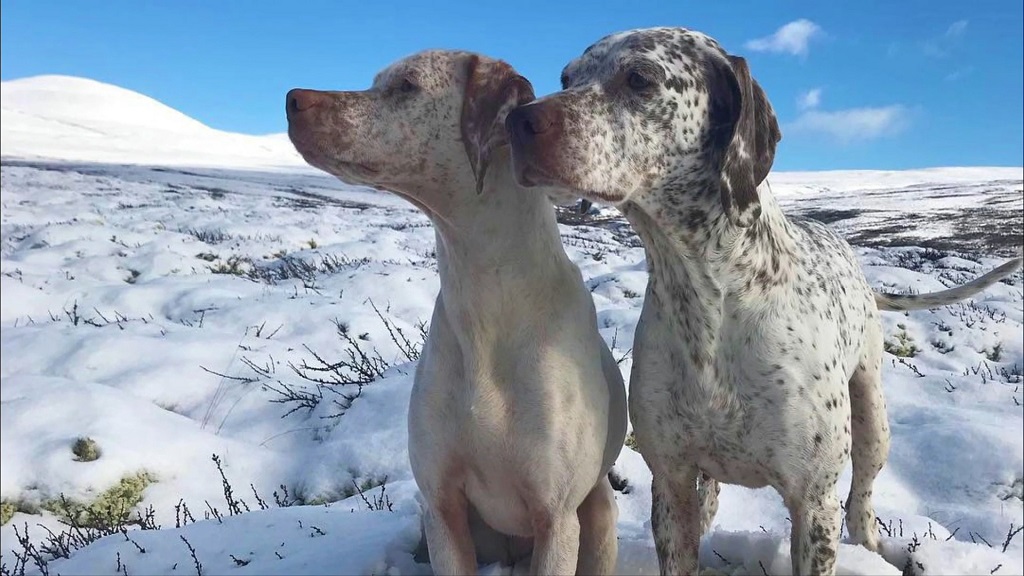
Close-range hunting in dense woods suits the Braque Du Bourbonnais perfectly. Its adaptability and eagerness to learn make it a reliable partner for those seeking a more compact, close-working dog.
6. Braque Français Pyrenean Type
Agility and speed define the Pyrenean variety of the Braque Français. It performs exceptionally well in fast-paced upland environments, where quick reactions and sharp instincts are vital.
7. Braque Français Gascony Type
The Gascony version of the Braque Français offers a larger frame and a steady, controlled presence. Open fields and deliberate hunting styles are where it shines the most.
8. Brittany
With natural pointing instincts and boundless energy, the Brittany is highly effective in upland bird hunting. Its compact size and ability to cover ground efficiently make it a practical choice for many hunters.
9. Burgos Pointer
The Burgos Pointer works methodically in open spaces, using its strong scent-tracking ability to locate game with precision. Its calm nature ensures consistent performance throughout the hunt.
10. Cesky Fousek
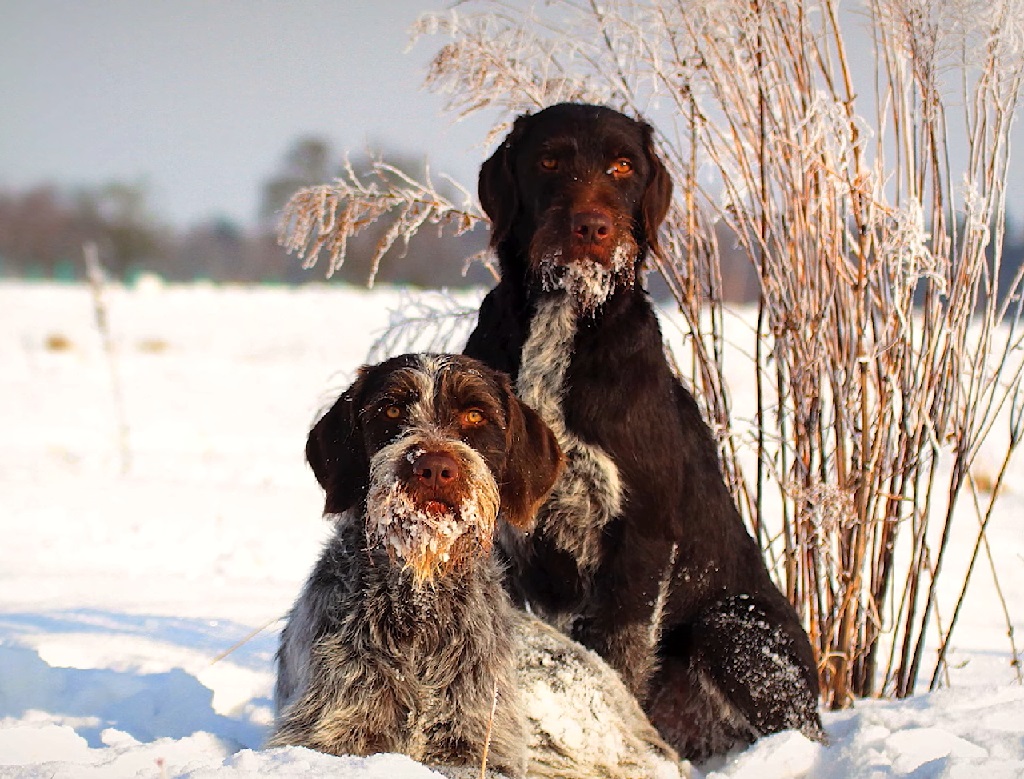
Known for rugged versatility, the Cesky Fousek thrives in both upland hunting and waterfowl retrieving. Its adaptability to various conditions makes it an invaluable partner for hunters with diverse needs.
11. Drentsche Patrijshond
Loyal and steady, the Drentsche Patrijshond is a close-working dog that excels at pointing and retrieving. It fits well with hunters who prefer methodical, controlled movements in the field.
12. English Setter
Elegance and effectiveness combine in the English Setter, which is highly skilled at locating birds in upland environments. Whether working in open fields or dense cover, it remains a top performer.
13. French Spaniel
Pointing and retrieving come naturally to the French Spaniel, which adapts to both dense cover and open fields. Its reliability and balanced nature make it a trusted hunting companion.
14. German Longhaired Pointer
Strong and steady, the German Longhaired Pointer excels in large hunting areas. Its natural ability to track, point, and retrieve ensures consistent results in the field.
15. German Shorthaired Pointer
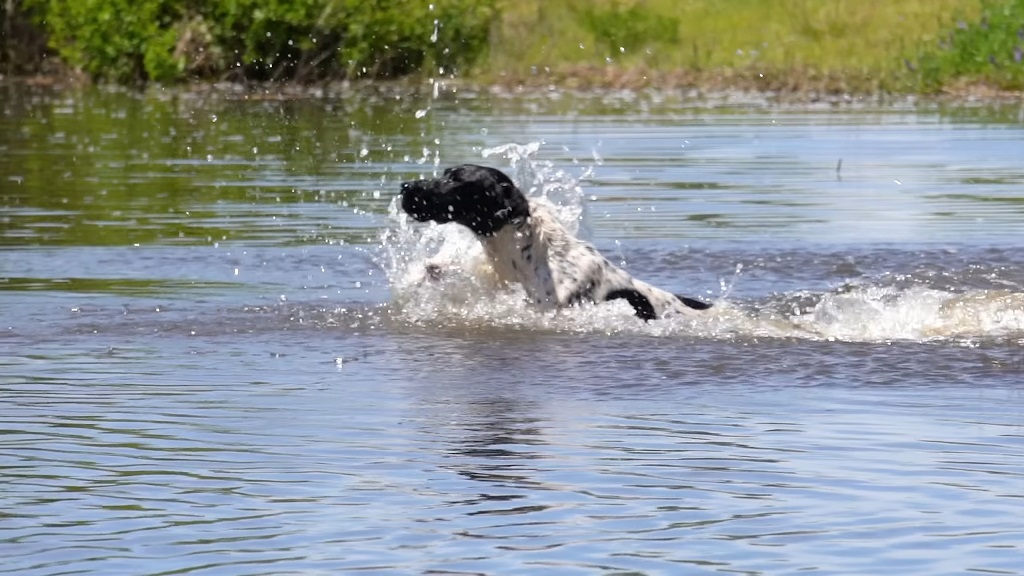
A true workhorse, the German Shorthaired Pointer adapts to various terrains and hunting styles. Its energy and sharp instincts make it a favorite for upland and waterfowl hunters alike.
16. German Wirehaired Pointer
Built for tough conditions, the German Wirehaired Pointer thrives in wetlands and rugged terrains. Its durability and focus ensure high performance in challenging environments.
17. Gordon Setter
Renowned for its strength and stamina, the Gordon Setter is a reliable choice for upland bird hunting. Its excellent scenting abilities and steady work ethic make it stand out.
18. Irish Red and White Setter
Fast and agile, the Irish Red and White Setter works well in open spaces. Its keen instincts for pointing and retrieving contribute to its reputation as an effective hunting partner.
19. Irish Red Setter
With unmatched speed and endurance, the Irish Red Setter is ideal for hunters covering vast fields. Its elegance and focus add to its appeal as a field companion.
20. Large Munsterlander
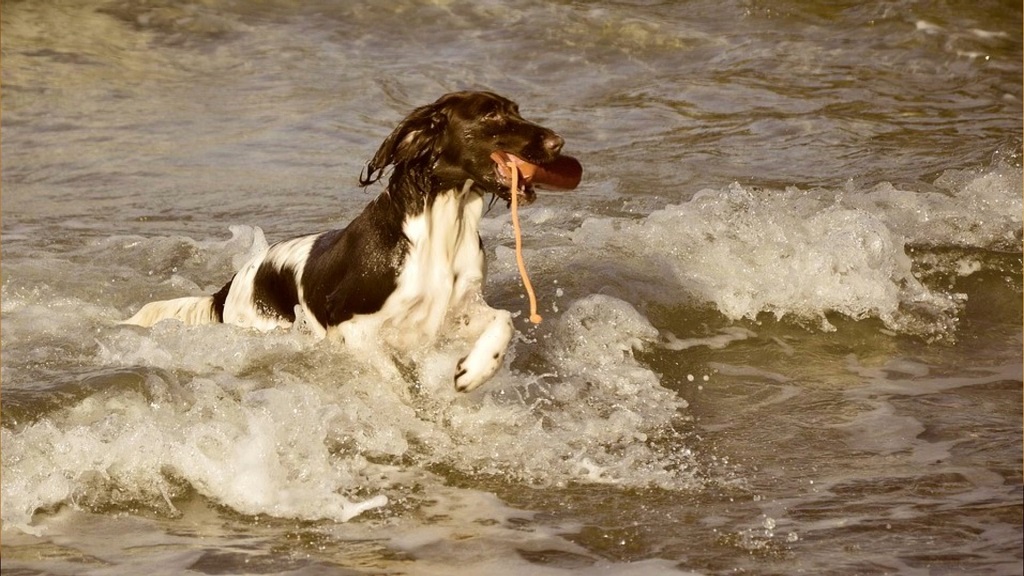
Pointing and retrieving come naturally to the Large Munsterlander, which performs well in both upland and waterfowl hunting. Its ability to adapt to different terrains makes it a versatile choice.
21. Majorcan Pointer
Agility and focus define the Majorcan Pointer, which handles fast-paced hunts with ease. Its keen scenting and pointing skills make it a valuable addition to any hunting expedition.
22. Old Danish Pointer
Calm and methodical, the Old Danish Pointer thrives in close-range work. Dense cover and smaller hunting areas are where it performs best, thanks to its controlled movements.
23. Pachon Navarro
The Pachon Navarro, with its distinctive split nose, excels at pointing and retrieving in varied terrains. Its unique appearance complements its strong work ethic in the field.
24. Picardy Spaniel
Designed for wet environments, the Picardy Spaniel is a strong choice for waterfowl hunters. It works steadily in challenging conditions, combining resilience with skill.
25. Pointer
A classic bird dog, the Pointer is unmatched in stamina and speed. Covering large fields efficiently, it locates birds quickly and holds its point with precision.
26. Pont-Audemer Spaniel
Often called the “clown of the marshes,” the Pont-Audemer Spaniel is both playful and skilled. It excels in wet environments and offers strong retrieving abilities.
27. Portuguese Pointer
Compact and efficient, the Portuguese Pointer is a focused hunter that adapts to various terrains. Its energy and sharp instincts ensure reliable performance.
28. Pudelpointer
A hardworking breed with sharp instincts for pointing and retrieving, the Pudelpointer handles upland and waterfowl hunting with equal ease. Its rugged coat protects it in harsh weather.
29. Slovakian Wirehaired Pointer
Endurance and focus define the Slovakian Wirehaired Pointer, which thrives in upland hunting and tracking. Its adaptability makes it a strong choice for long days in the field.
30. Small Munsterlander
The Small Munsterlander is well-suited for upland birds and light waterfowl work. Its manageable size and eagerness to please make it a favorite among hunters.
31. Spinone Italiano
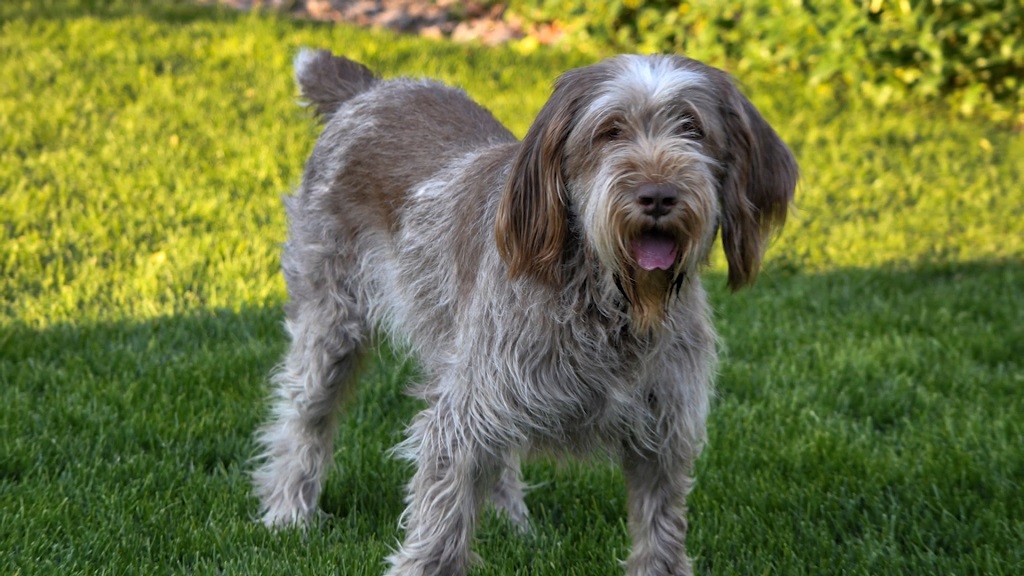
Steady and methodical, the Spinone Italiano works well for hunters who prefer a slower pace. Its rugged coat and calm demeanor make it effective in both upland and waterfowl environments.
32. St. Usuge Spaniel
A close-working dog, the St. Usuge Spaniel thrives in tight cover. Its precision and focus are valuable assets for hunters in smaller hunting areas.
33. Stabyhoun
Calm and cooperative, the Stabyhoun is skilled at both pointing and retrieving. It adapts well to smaller fields and provides steady, reliable support in the field.
34. Stichelhaar
Known for handling tough conditions, the Stichelhaar excels in upland and waterfowl hunting. Its rugged coat and strong instincts make it dependable in challenging environments.
35. Vizsla
Fast and agile, the Vizsla is a natural for upland bird hunting. Its ability to bond closely with handlers ensures seamless teamwork during hunts.
36. Weimaraner
The Weimaraner is athletic and energetic, excelling in open terrain. Its sharp instincts and speed make it highly effective for locating upland game.
37. Wirehaired Pointing Griffon
Often called the “supreme gundog,” the Wirehaired Pointing Griffon is built for rough conditions. It handles wetlands and tough environments with skill and consistency.
38. Wirehaired Vizsla
A tougher-coated relative of the Vizsla, the Wirehaired Vizsla is better equipped for colder and harsher conditions. Its sharp pointing and retrieving skills make it a versatile partner for various hunting styles.
Dogs for Different Hunting Terrains
Open spaces, dense forests, or wetlands each demand different physical and behavioral traits. Some dogs cover large distances effortlessly, while others are built for close, precise work.
Breeds for Open Fields
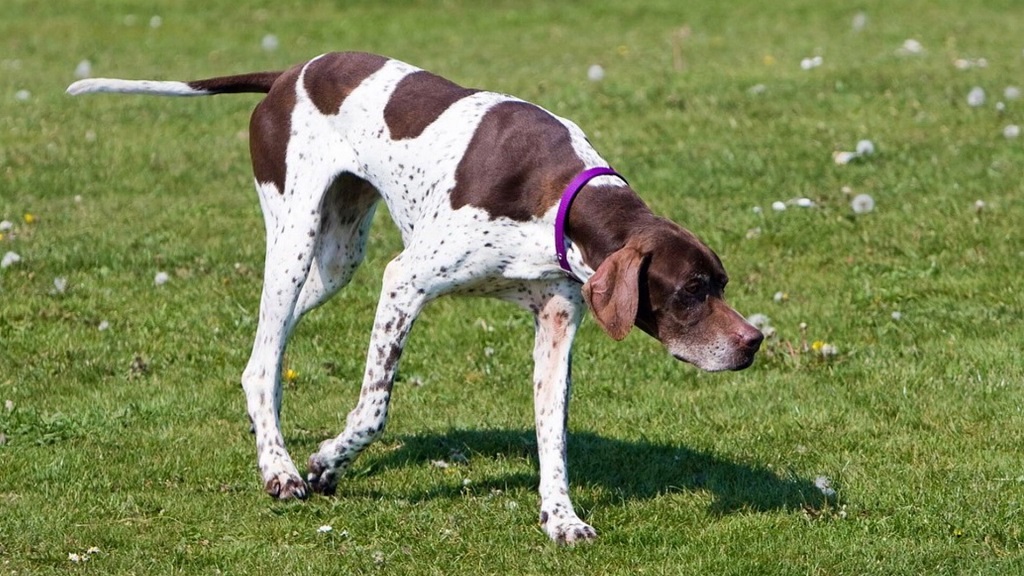
Wide, open spaces require dogs with endurance, speed, and the ability to range far without losing control or focus. These breeds excel at covering large distances, making them perfect for upland hunting.
Pointer
The Pointer is unmatched in open fields, known for its high energy, stamina, and ability to locate game at impressive distances.
German Shorthaired Pointer
This breed balances speed and endurance with versatility, making it a reliable companion for hunters in expansive terrains.
Vizsla
Agile and fast, the Vizsla handles large spaces with ease while maintaining a close connection with its handler.
Breeds for Dense Cover
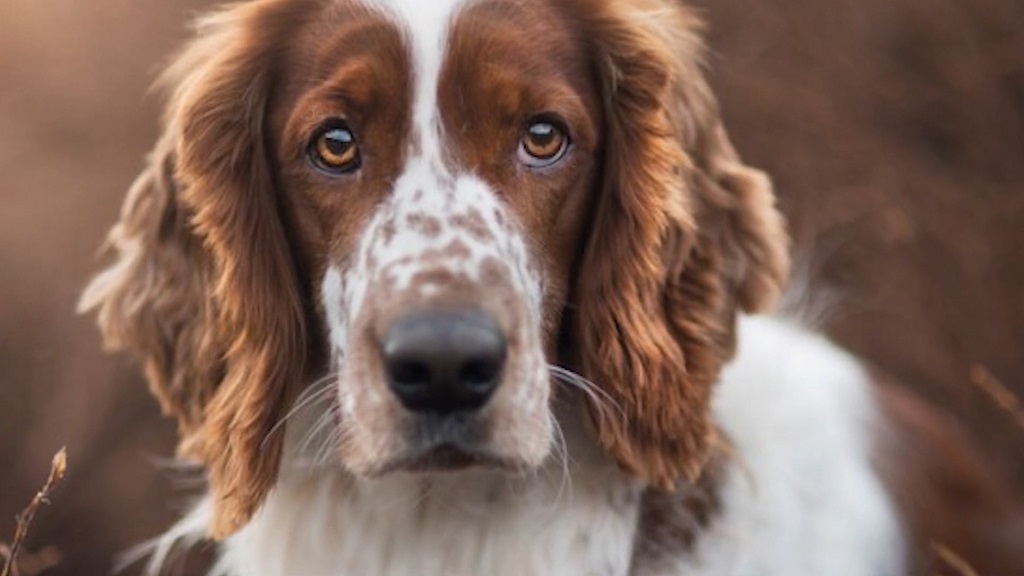
In dense forests or thickets, dogs need to be smaller, agile, and capable of working close to the handler. These breeds are built for precision and careful navigation through challenging undergrowth.
Small Munsterlander
Compact and intelligent, the Small Munsterlander thrives in dense cover, using its sharp nose and strong retrieving instincts to locate game.
French Spaniel
Calm and focused, the French Spaniel is perfect for working in brushy or wooded environments, combining steady tracking with excellent stamina.
Brittany
Light on its feet and energetic, the Brittany is well-suited for tight spaces where quick reflexes are needed.
Breeds for Wetlands
Wetlands and marshy areas demand a breed capable of retrieving in water, with physical traits like webbed feet, strong swimming ability, and weather-resistant coats.
Labrador Retriever
The Labrador Retriever is the gold standard for waterfowl hunting, excelling in both retrieving and enduring cold, wet conditions.
Wirehaired Pointing Griffon
This rugged breed is built for harsh environments, with a thick coat that protects it while navigating water and marshes.
Weimaraner
Known for its strength and determination, the Weimaraner is a reliable choice for retrieving in tough, wet terrains.
Breeds for Mixed Terrains
Some hunts require dogs to handle multiple terrains in a single outing. These versatile breeds adapt easily to open fields, forests, and even water.
Pudelpointer
Combining pointing and retrieving skills, the Pudelpointer excels in mixed terrains, adapting seamlessly to changing environments.
German Longhaired Pointer
Durable and steady, this breed is equally comfortable in fields and dense cover, showcasing versatility and resilience.
Spinone Italiano
Its adaptability across diverse terrains makes the Spinone Italiano a solid choice for hunters who need a reliable all-rounder.
Wirehaired Vizsla
With its rugged coat and calm demeanor, the Wirehaired Vizsla handles upland birds, dense cover, and water retrievals with ease.
FAQs
What are the key differences between pointing, flushing, and retrieving dogs?
Pointing dogs locate game and hold position, flushing dogs drive birds out of cover for the hunter, and retrieving dogs focus on bringing back the game after it is shot. Each type serves a specific role in hunting.
Can a single dog be trained for multiple hunting roles?
Yes, some breeds, like the German Shorthaired Pointer and Labrador Retriever, are versatile enough to learn pointing, flushing, and retrieving. However, proper training and reinforcement are essential for mastering multiple roles.
How do I prepare a hunting dog for its first field experience?
Start with basic obedience training, introduce the dog to scents and sounds associated with hunting, and gradually expose it to the field environment. Using training aids and working alongside experienced dogs can also help.
Do hunting dogs require special care during the off-season?
Yes, they need regular exercise and mental stimulation even when not hunting. Engaging them in activities like scent work, retrieving games, or field training keeps their skills sharp and prevents boredom.
Are hunting dogs suitable for first-time owners?
Some breeds are more suited for experienced handlers due to their energy levels and training needs. However, breeds like Labrador Retrievers and Brittanys are often easier for beginners to manage with the right commitment and effort.
Last Words
Choosing a hunting dog means finding the right match for your hunting style and needs. A well-suited dog can become your best partner in the field and a loyal companion at home.
Focus on understanding the breeds, working with reputable breeders, and putting in the effort to train and bond with your dog.
